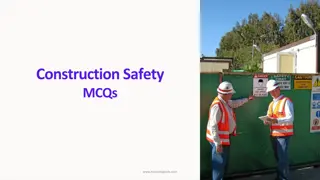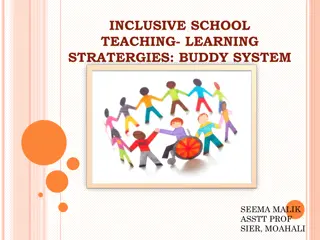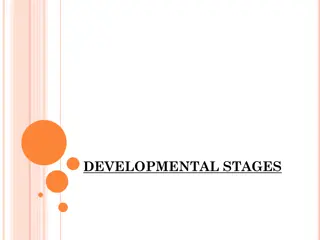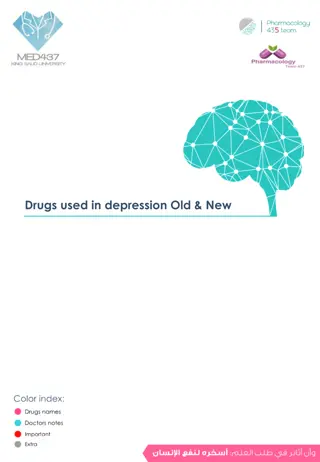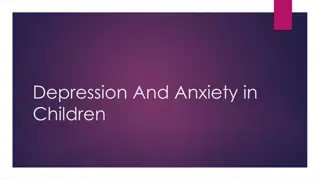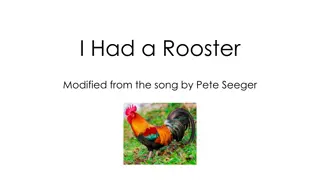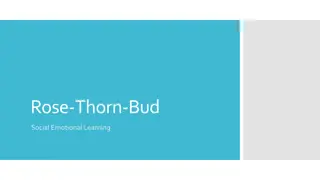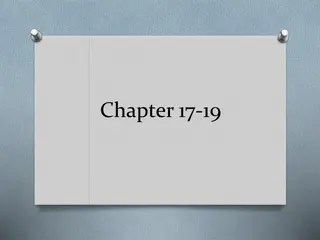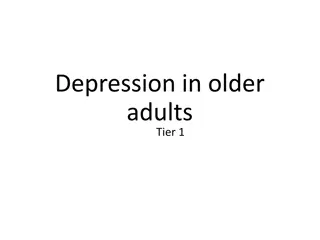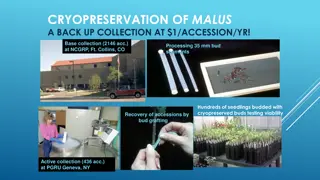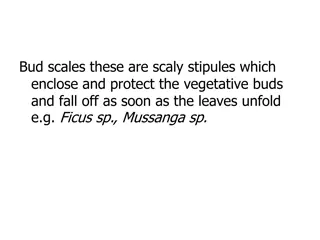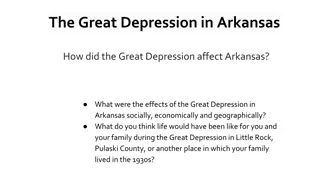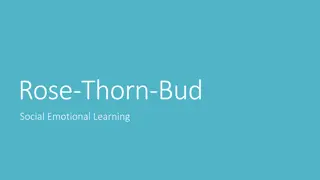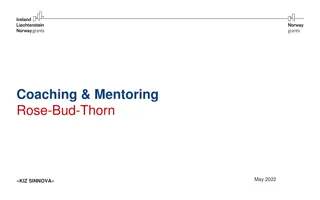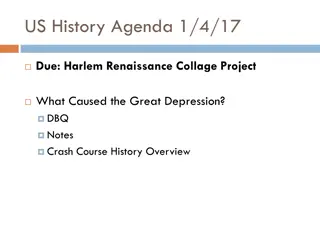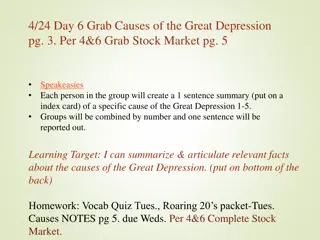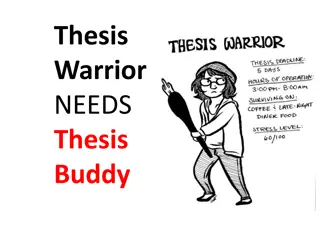Insights on the Great Depression through "Bud, Not Buddy
Explore key events and impacts of the Great Depression through a retrieval practice session focused on the novel "Bud, Not Buddy". Delve into topics such as Black Tuesday, children leaving school, Hoovervilles, and more. Gain valuable insights into the challenges faced during this historic period.
Download Presentation

Please find below an Image/Link to download the presentation.
The content on the website is provided AS IS for your information and personal use only. It may not be sold, licensed, or shared on other websites without obtaining consent from the author. Download presentation by click this link. If you encounter any issues during the download, it is possible that the publisher has removed the file from their server.
E N D
Presentation Transcript
Retrieval Practice Bud, Not Buddy
Retrieval Practice: Lesson 3 1. What happened on Black Tuesday? 2. Why might a child have had to leave school during the Great Depression? 3. What are some other ways the Great Depression could have impacted a child s life? 4. Who was president president of the United States when the Great Depression began? 5. What does the term Hooverville refer to? 6. What happened to Bud when he was six years old? 7. What did Bud do when Jerry felt glum? What does this show you about Bud? 8. What is Bud s most important possession? Why? Take 3 minutes to complete these questions
Retrieval Practice Answers: Lesson 3 1. The stock market crashed on Black Tuesday and many US citizens lost all their money. 2. During the Great Depression, a child might have had to leave school in order to earn money to support their family. 3. During the Great Depression, children experienced uncertainty, some were orphaned, many went hungry. 4. Herbert Hoover 5. Hooverville: Shantytowns built by unemployed and homeless people all around the country during the Depression. 6. Bud s mom died when he was 6 years old and he came to live at the Home.
Retrieval Practice Answers: Lesson 3 (continued) 7. Bud talks to Jerry and helps him see how his new living situation will be better than Bud s in order to cheer him up; shows Bud s kindness 8. Bud s most important possession is his suitcase because it contains everything he owns and it represents a connection to his family. Self-score: ______ /8
Retrieval Practice: Lesson 7 1. Who was the President of the United States when the Depression began? 2. What was that President s response to the Great Depression? 3. Who was J. Edgar Hoover? 4. What does it mean to be unemployed? 5. What is a soup kitchen? 6. What does the term the American Dream refer to? 7. What does irony mean? Take 3 minutes to complete these questions
Retrieval Practice Answers: Lesson 7 Herbert Hoover 1. 2. The President s response was that it wasn t the government s responsibility because he thought people should take care of themselves. 3. J. Edgar Hoover: Director of the FBI; involved in the pursuit and capture of criminals on the lam (on the run) from the law 4. Unemployed: having no job 5. Soup Kitchen: places where free food is served 6. 6. American Dream : the beliefs and expectations of the American way of life, including the belief that every citizen can achieve success if they work hard enough 7. Irony: the opposite of what is expected Self-score: ______ /7
Retrieval Practice: Lesson 12 1. What did it mean for a community to be a sundown town? 2. What does the term Dust Bowl refer to? 3. Why did so many people seek to migrate west during the Great Depression? 4. Name one danger someone would face riding the rails. 5. Give an example of the way Herbert Hoover s name was used during the Great Depression. Why was it used in this way? 6. What does it mean to use hyperbole? Explain one moment of hyperbole in the novel so far. hyperbole 7. What is the difference between dramatic irony and verbal irony? Take 3 minutes to complete these questions
Retrieval Practice Answers: Lesson 12 1. Sundown Town: All-white neighborhoods in the United States; exclude all non-white citizens through laws, intimidation, and violence 2. Dust Bowl: time of drought and dust storms in the 1930s 3. People wanted to migrate west during the Great Depression because of stories of opportunities in California. 4. Railroad accidents, railroad bulls , trying to jump on/off cars, some people (especially African Americans) were victims of violence in towns the trains went through 5. Hoovervilles, Hoover blankets, Hoover leather, Hoover flags -all to show the opinion that Hoover was responsible for the Great Depression 6. Hyperbole: Using unreal or extreme exaggeration to emphasize a real situation; < <insert answer examples you ve discussed here> 7. Dramatic Irony : reader knows more about a situation than characters Verbal Irony: character says one thing and means another Self-score: ______ /7
Retrieval Practice: Lesson 16 1. What is the role of a labor organizer? 2. How might an employer react to a strike? Why? 3. What is the difference between a redcap and a Pullman porter? 4. Why might a Pullman porter have wanted to form a union? 5. Explain the term confirmation bias. 6. How has Bud been resourceful in the novel so far? 7. What term means a musician is making up music as he or she goes along? 8. What musical genre is known for this style? Take 3 minutes to complete these questions
Retrieval Practice Answers: Lesson 16 1. Labor Organizer: organizes groups of workers to join together to protect workers rights 2. An employer would have to consider responding the demands of workers in response to a strike because it would have been difficult to replace all of their employees. 3. Redcap: train station porters who helped passengers load and unload their luggage Pullman porter: men hired to attend to passengers on sleeping cars 4. Pullman porters might have wanted to form a union because of their poor working conditions and low wages. 5. Confirmation Bias: tendency to accept information that confirms one of our views and reject information that casts doubt on our views
Retrieval Practice Answers: Lesson 16 (continued) 6. <Insert examples you ve discussed as a class> 7. improvisation 8. jazz Self-score: ______ /8










